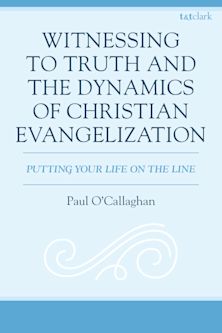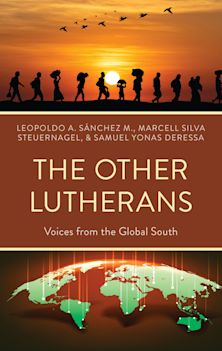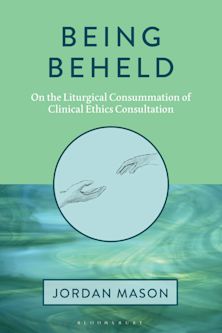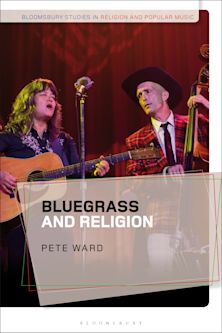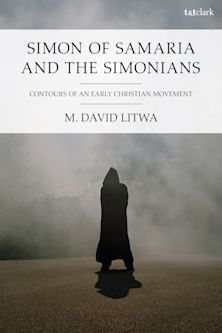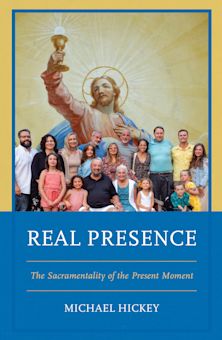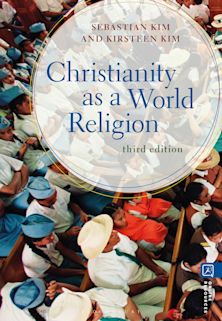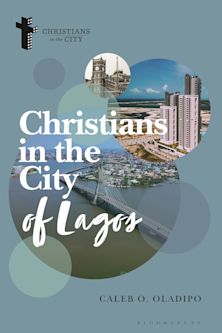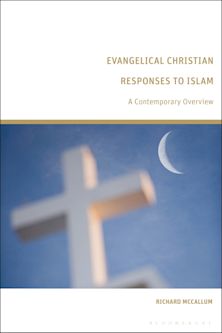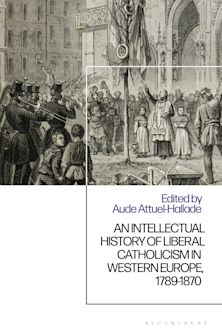Faith and Reason in the Reformations
Description
The five-hundredth anniversary of the Protestant Reformation reawakened a long-standing and spirited conversation between philosophic science and religious faith, a conversation which continues to have consequences on how we understand both science and faith. This book brings scholars together to reflect on the topic of the Protestant Reformation, as well as the Roman Catholic Counter Reformation, the nature of science, and the unity of the Church. Five chapters in this collection represent five distinct theological formulations within Christianity; the other seven chapters are from a variety of historic, philosophic, and theological starting points on the topic. These twelve accounts range from theologies informed by the Classical Philosophy of Plato and Aristotle; medieval Jewish and Roman Catholic writers; Moses Maimonides and Thomas More; writers of the Protestant Reformation (Martin Luther, John Calvin, Richard Hooker, and William Shakespeare); the founders of modern science (Francis Bacon and T. H. Huxley), and the modern day theologies of Abraham Kuyper, Flannery O’Connor, H. R. Niebuhr, and Dietrich Bonhoeffer.
Table of Contents
Chapter One: Douglas Kries, “Catholic Reflections on Reason and Faith after Five Hundred Years of Reform and Enlightenment”
Chapter Two: Jennifer Hockenberry Dragseth, “Sola Fide: What Happens to Reason When we are Justified by Faith Alone?”
Chapter Three: John Baxter, “The Grammar of Faith in Twelfth Night: Richard Hooker's Gift to Shakespeare”
Chapter Four: Albert Wolters, “Reason and the Paradigm of the Nature-grace Relationship”
Chapter Five: Christina Bieber Lake, “An English Major's Theology? The Incarnation as Answer to the Question of the Relationship Between Faith and Reason”
Part II: Seven Studies on Core Treatises from the Medieval to Modern Periods
(in historical order of the primary text examined)
A. Medieval Alternatives
Chapter Six: Terence J. Kleven, “And Ye Shall be as Rulers, having Opinions about Good and Evil” (Gen. 3:5b)–Maimonides on the 'Fall' in Genesis 3 in the Guide of the Perplexed”
Chapter Seven: Elisa Torres, “The Ills of Man Writ Large: H
Product details
| Published | Dec 06 2021 |
|---|---|
| Format | Ebook (PDF) |
| Edition | 1st |
| Extent | 260 |
| ISBN | 9781978792357 |
| Imprint | Lexington Books |
| Publisher | Bloomsbury Publishing |
Reviews

ONLINE RESOURCES
Bloomsbury Collections
This book is available on Bloomsbury Collections where your library has access.












